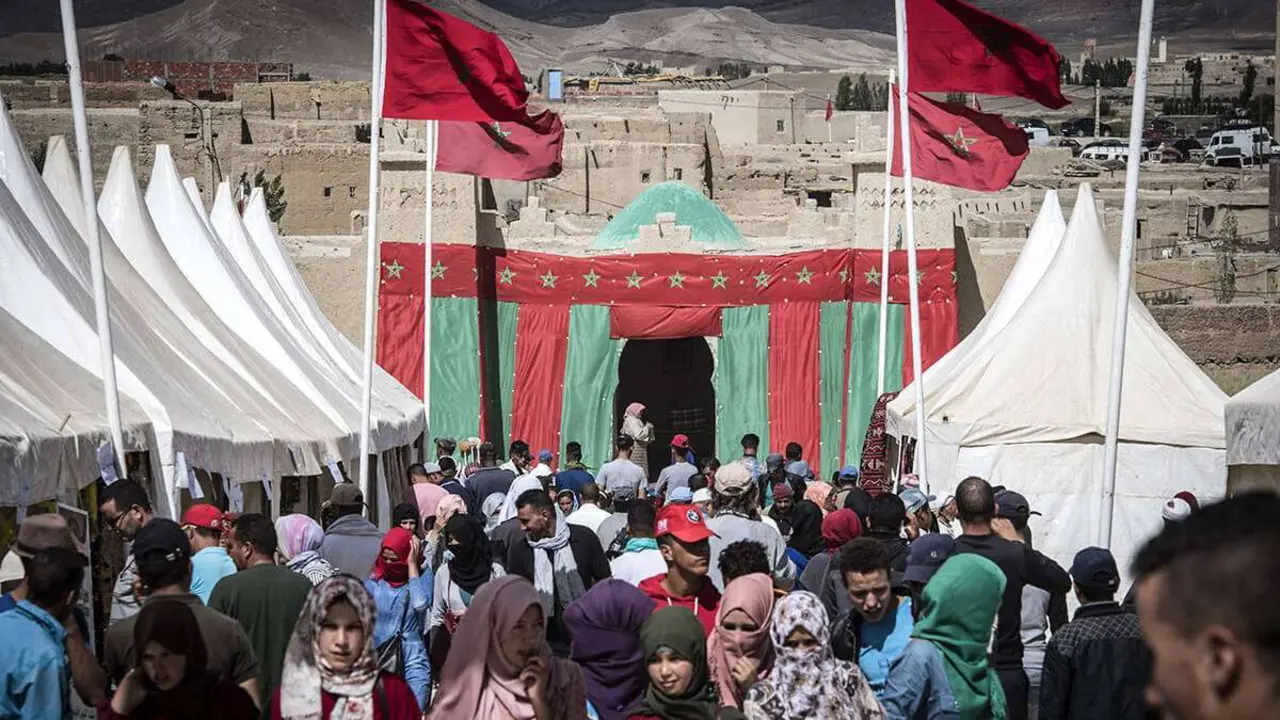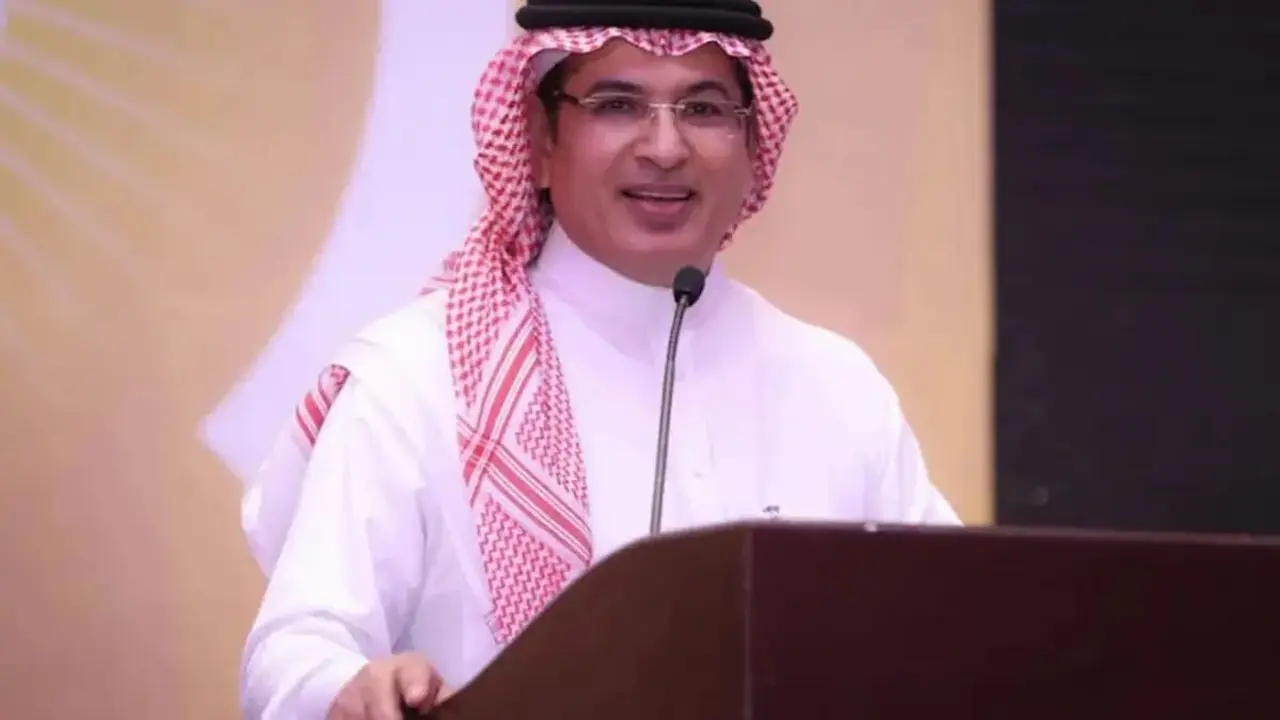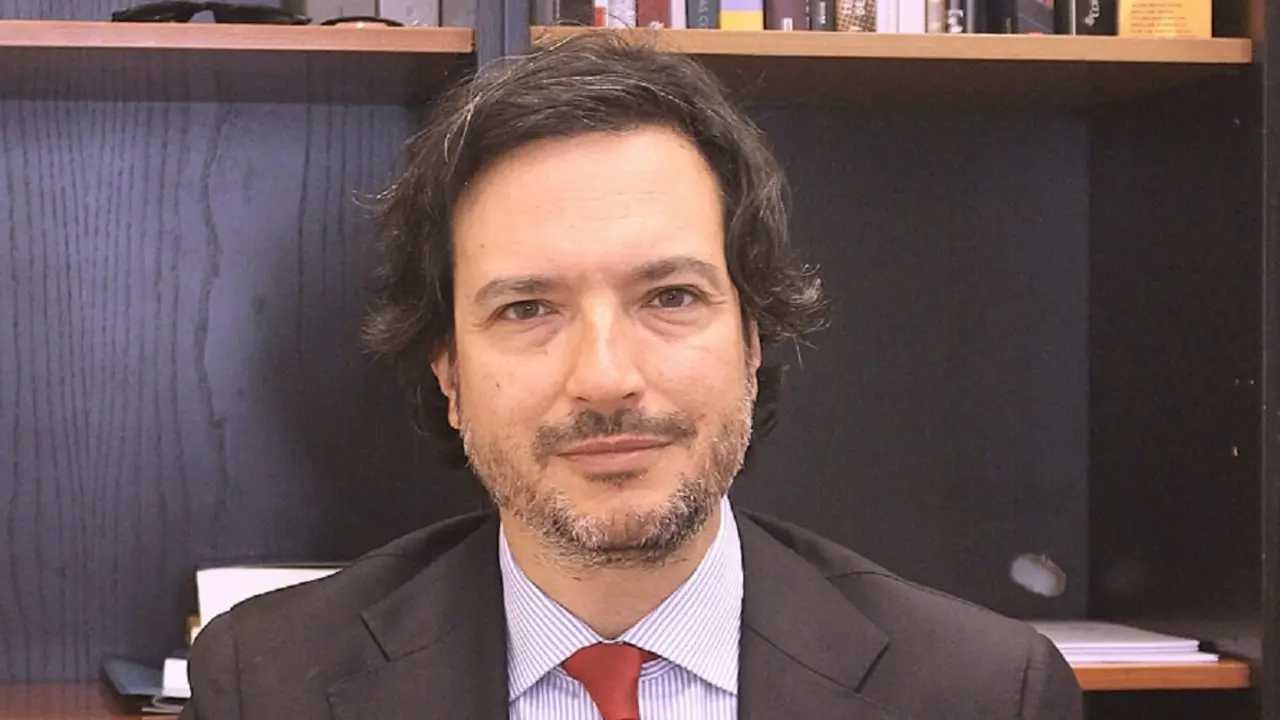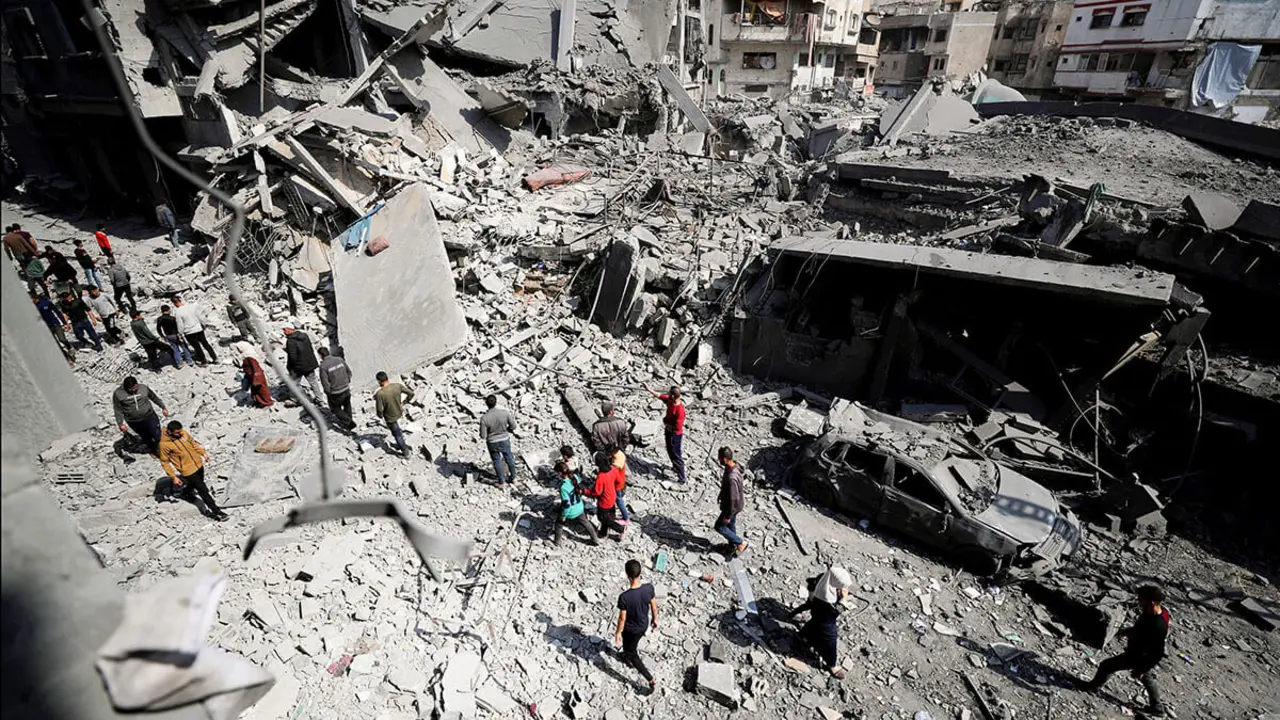World Food Day: Climate crisis may bring unprecedented hunger

A new analysis conducted by the World Food Programme shows that if global temperatures rise by an average of 2 degrees Celsius above pre-industrial levels, an additional 189 million people will go hungry. The finding was released a day ahead of World Food Day, which is observed every 16 October.
Outlining this complex scenario, the Programme's executive director said, "Large swathes of the planet, from Madagascar to Honduras to Bangladesh, are in the grip of a climate crisis that is already a daily reality for millions of people. The climate crisis is fuelling a food crisis".

As an example, the Programme highlights that tens of thousands of lives are at risk in southern Madagascar, one of many places in the world where climate change has fuelled famine conditions.
The African country has suffered a series of consecutive droughts that have pushed nearly 1.1 million people into severe hunger. Nearly 14,000 of them are in a famine-like situation and this number is expected to double by the end of the year.
63 % of the people in southern Madagascar are subsistence farmers who have seen their livelihoods collapse and their only source of food become extinct due to drought.
But the problems for some of these nations do not stop with climate shocks, and there is an additional devastating element: the emergence of conflict. The combination of these two elements exacerbates existing vulnerabilities and magnifies the damage, destruction and despair.
Extreme weather events in conflict-affected areas destroy already scarce resources available to families and even hamper humanitarian efforts reaching communities.

In Afghanistan, severe drought linked to conflict and economic hardship has left a third of the population hungry.
"If this is the new normality, we cannot keep lurching from disaster to disaster. We need to move beyond simply picking up the pieces after crises, and instead manage climate risks so that they no longer have the power to destroy the food security of vulnerable communities. This is where the unique expertise of the World Food Programme comes in," Beasley added.
The UN agency has mobilised nearly $300 million for climate action in the last decade. In 2020, it implemented climate risk management strategies in 28 nations benefiting more than six million people.
In Bangladesh, the Programme supports communities affected by heavy monsoons and floods with pre-disaster cash assistance so they can buy food and medicine, protect critical assets and transport livestock and families to safety.
It has also protected 1.5 million people in Mali, Mauritania, Burkina Faso, Burkina Faso, Zimbabwe and The Gambia from drought with weather risk insurance.
"We urgently need to invest in early warning systems and climate resilience and adaptation programmes to avert this looming humanitarian disaster," Beasley concluded.

In his message on the occasion, the UN Secretary General stressed that currently around 40% of humanity, some 3 billion people, cannot afford a healthy diet and that hunger, undernourishment and obesity are on the rise.
A situation that has worsened with the outbreak of the coronavirus pandemic leaving another 140 million people without access to the food they need, António Guterres explained.
In addition, the way food is produced, consumed and wasted "places a heavy burden on the planet" and puts "historic pressure on our natural resources, our climate and our natural environment".
"As this year's theme - Our actions are our future - makes clear, the power to change is in our hands", the Secretary-General recalled.








